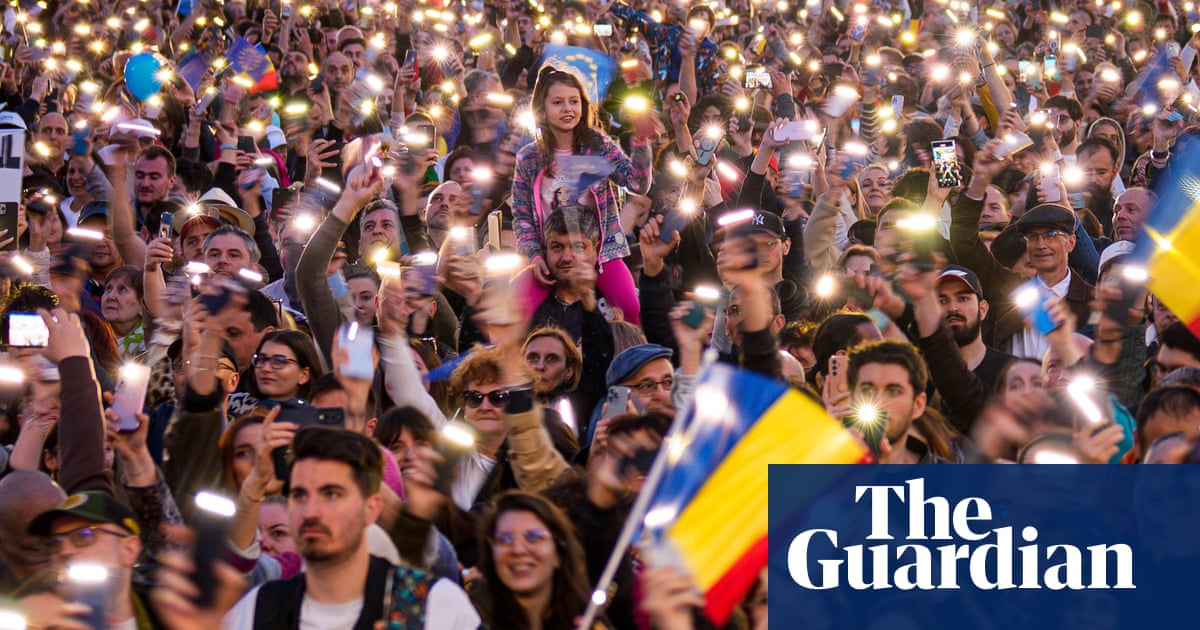Some say that talking about your dreams is boring, but personally I think otherworldly nocturnal escapades provide far richer fodder for small talk than the footy season or this unseasonal weather. Sadly, not everyone agrees. That’s why, when I hear about an AI dream interpretation app, I’m seduced by the potential for a captive, preternaturally intelligent assistant to help me decipher the more baffling corners of my psyche.
AI chatbots such as ChatGPT have a well-known tendency to riff and exaggerate with alarming confidence, but their verbose nature feels well-suited to the free form and highly associative task of dream analysis. Admittedly, trading little understood fragments of our slumbering minds to a tech startup in return for spiritual guidance sounds like the foreboding premise of a terrifying sci-fi horror movie. But the app’s fine print promises that dreams are stored “safely and privately”. Who am I to let an intuitive aversion to welcoming the machine into the last private vestiges of my consciousness get in the way of a good story?
I download the app, punch in a recent, seemingly benign dream – I visit the supermarket to complain about a “defective condiment”, an apathetic checkout worker dismisses my concerns, and I brazenly spread stolen peanut butter on a piece of toast – and hit the “interpret” magic wand. “Dreaming ties all mankind together,” the app responds, spouting Jack Kerouac like a bad Tinder date, before proposing that my dream might allude to feelings of dissatisfaction and powerlessness, as well as a desire to assert myself. It’s convincing, if uninspired. A clear-eyed analysis of my dream scenario with none of the hallucinatory fervour I came here for.
Hoping to elicit deeper revelations, I goad the AI with some more troubling vignettes. In one, I’m ostensibly helping the police to catch a murderer, while secretly sending him flirtatious texts, seemingly playing them both. The app sees an inner conflict between morality and an attraction to danger. In another, I’m lost, manically careening through a hotel in search of my husband and baby; I pass a heaving dancefloor, a woman making strange, guttural noises, and an idyllic beach that, upon closer inspection, is just a mirage. Apparently, all this rich imagery amounts to a potential conflict between my own desires and societal expectations. Gentle food for thought, but hardly illuminating.
To the developers’ credit, the AI is annoyingly even-keeled: it avoids absolutes, reminds me that dreams have multiple meanings and recommends therapy should my dreams begin to get the better of me.
The only thing that catches me off guard are the strange, AI-generated visuals; the hotel quest conjures a pair of dancing potatoes and the inexplicable phrase “PLE8T PABET”. In contrast, when I share this dream with an in-person community of dream enthusiasts, their insights are genuinely surprising, from noting my strong sense of purpose throughout the quest to observing how unease in a hotel setting evokes films such as The Shining and Lost in Translation.
While the app doesn’t exactly shatter and rebuild my sense of self, it has some handy functionalities, such as the ability to identify and search recurring symbols in your dreams. (Try filtering years of handwritten journals for “mother”.) And it’s certainly convenient to grasp for my phone to catch fleeting, early-morning dream fragments, though I still find myself transcribing these digitised dreams back into my diary.
Part of the pleasure of traversing my dreamscape is the ritual element of morning pages over a coffee. The warm glow of the screen kills the romance, especially as I invariably end up on another corner of my phone, spiritually further away from any potential revelations. Perhaps my dream practice is meant to be tactile and reflective, rather than efficient and gamified.
Days later, while I’m pondering what might be lost to humanity should we collectively opt to train algorithms on these sacred messages from our psyches (and wondering what I might inadvertently reveal about myself in writing this article), I have a vivid, alarming dream. I’m standing in front of an audience, preparing to do a presentation on dreams, when a figure from my past interrupts and threatens to read from the dream journal I’ve carelessly left on my seat. Filled with rage, I force him to recite from his own dream diary, which he does in a silly goblin voice. “Don’t you like me any more? I thought you once loved me?” he presses. The AI interpretation confirms what I already know: my dreams are shy, demure and resolute that at least some of my private interior landscape should remain that way.
In the coming days, my dreams cease entirely, giving the eerie sense that my subconscious is on strike, refusing to clock back on until I promise not to sell it out to AI. Unable to conceive of the drudgery of a life without dreams, I delete the app and any trace of my dream data with it. I uploaded my dreams to AI and all I got was the revelation that my subconscious is a tech-averse luddite.
-
Tara Kenny is an arts and culture writer based in Naarm/Melbourne

.png) 2 months ago
33
2 months ago
33

















































